Rivaling the Civil Rights protests of the 1960’s, twenty-five million Americans have gathered in the streets, in all 50 states, to express their discontent with police practices in the weeks since the killing of George Floyd. Video has repeatedly shown that these lethal police tactics could be avoided, while polls are highlighting America’s call for widespread, systematic changes to a criminal justice system that has failed to attain the level of transparency and accountability necessary in a democratic society. Police reform, now more than ever, demands an evidence-based approach that must be identified and led by individuals who share lived-experiences with the historically disenfranchised.
Policy makers have responded to the national call for justice with an array of proposals to reverse the legislative, judicial, and executive level support for state-sanctioned assault and murder of Black people. Many of the proposed solutions surround changing the rules governing police behavior and increasing punishment for officers who needlessly harm and kill. While those ideas are worthy of consideration, nothing will truly change until we recruit college-educated officers that don’t possess authoritarian personalities and who are free from implicit bias. The most recent findings indicate that just 30 percent of police officers have a four year degree. Despite admitting that they had no way of measuring success, sixty-nine percent of police departments reported that they have implicit bias training. We also need to ensure that police training is culturally relevant and responsive to the true needs of the community. Ultimately, transparency and accountability must serve as guides along the path to police reform. There are simply too many officers on the street who are not prepared to be there. In fact, American police officer training is only a fraction of the time allotted in other civilized societies. Research also demonstrated that just under one-third of American officers have four-year college degrees. Degreed officers have been shown to have a 40 percent reduction in uses of force while also possessing greater levels of creativity and problem solving. Police officers with college degrees have also been found to receive fewer complaints, ultimately improving the overall quality of the police-community experience.
We’ve all seen the video of Minneapolis police officer Derek Chauvin murdering George Floyd. What has not been widely disseminated is the fact that Chauvin was involved in two prior shootings, one of which ended in the death of the community member in 2006. He was involved in two other shootings in 2008 and in another shooting at a man who was running from a crime scene in 2011. He’s been the subject of at least 17 complaints, and the broken police accountability system allowed him an opportunity to remain employed.
What makes the video even more disturbing is that there were three officers who stood by and watched Chauvin kill Floyd. What type of police culture allows this to happen? How are they being trained? More importantly, “why were they not identified during the recruitment and hiring process?
There is also the case of Tamir Rice, a 12-year-old African American child who was throwing snowballs and playing with a toy pellet gun in a Cleveland, Ohio park. Video shows that immediately following the arrival of his patrol car, officer Timothy Loehmann shot the child within two seconds of getting out of his vehicle. Some argue that the training of this officer was inadequate, and others place responsibility on the dispatcher who forgot to inform him that the 911 caller said the suspicious person may be a child. Very few, if any, have raised the issue that Loehman had resigned during the process of being fired from his previous law enforcement job after being ‘deemed unfit for duty’. Counter to the mainstream narrative, training can only do so much. There is a need for policies to address recruitment and hiring practices. In fact, the Minneapolis police department was viewed as a well-trained, diverse, and modern police department. Yet, they will go down in history as the department that pushed America to finally address police misconduct.
Despite the unprecedented support for change in police procedures, there remains a lack of solution-oriented approaches to improving police-community relations. More importantly now, than ever before, culturally-responsive, reformatory approaches must be adopted and inclusive of researchers, decision makers and members of the community. Recognizing the need for this translational approach, the Center for Justice Research at Texas Southern University, where I serve as the director, provides an example of how this should be done. Recognizing the need to better understand prosecutorial decision making, in a recent project, we brought together members of the community, policy makers and key members from the prosecutor community. As a result, our report was able to be used to better hold the involved parties accountable in this age of justice reform, transparency and accountability.
In response to the outpouring of position statements on police misconduct, coupled with the need for effective and culturally responsive approaches, we at the Center for Justice Research, put together a National Police Reform Advisory Group. This collective brings together nationally-recognized experts with prior police and/or criminal justice field experience. Members of the advisory group also have experience in police training at the international, federal, state and local levels. The group will ultimately help shape the future of police reform by:
- Assisting with the strategic research and program approach to police reform
- Serving as technical advisers on police reform efforts, research protocols and policy developments
- Providing advice to police administrators, mayors and other government officials on research and development sponsored and/or conducted in the name of police reform
Culturally responsive, localized approaches are the only way forward. The experts are assembled, the data has been compiled, and the research is complete. It is time for law enforcement to utilize the collective benefit of culturally sensitive researchers, policy experts, civil rights lawyers, experienced trainers and the voices of the individuals who continue to be ritualistically sacrificed at the altar of injustice.
Howard Henderson, PhD is the Director of the Center for Justice Research and Professor of Justice Administration at Texas Southern University. His research focuses on predictive bias and culturally responsive program evaluation.
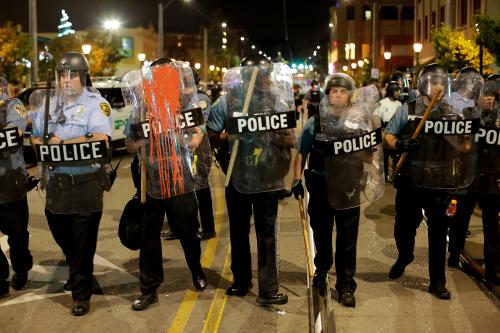
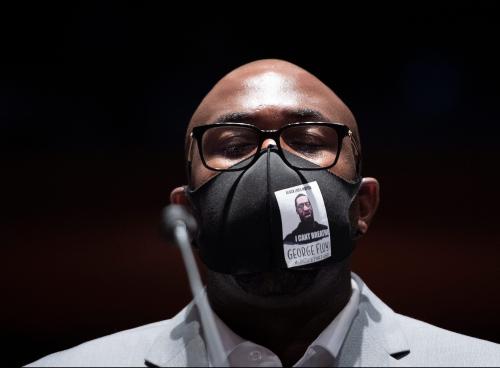
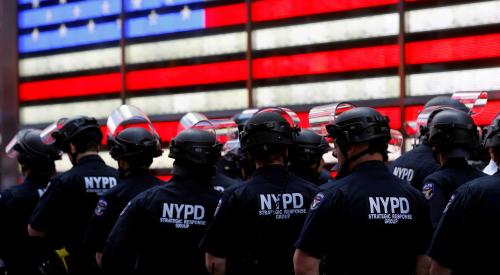

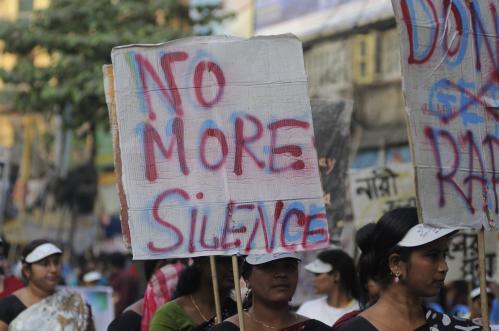
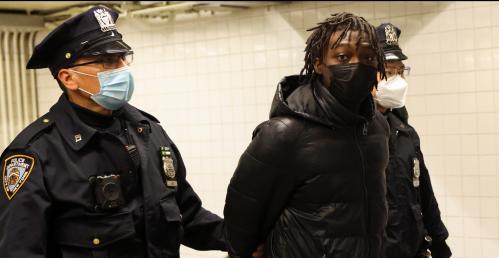

Commentary
Meaningful police reform requires accountability and cultural sensitivity
July 8, 2020